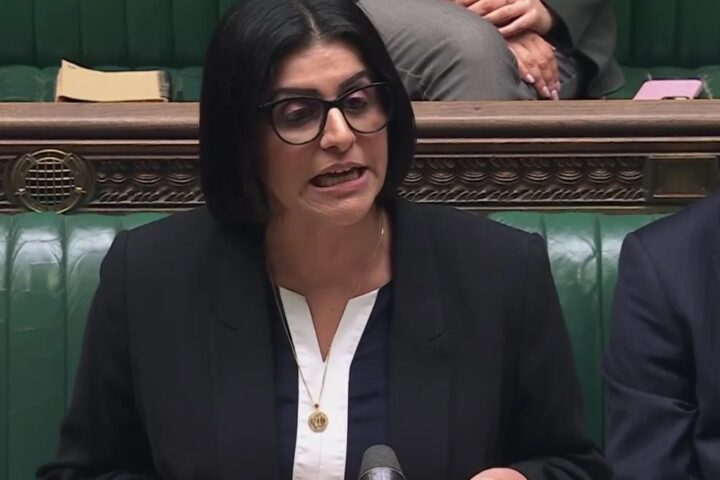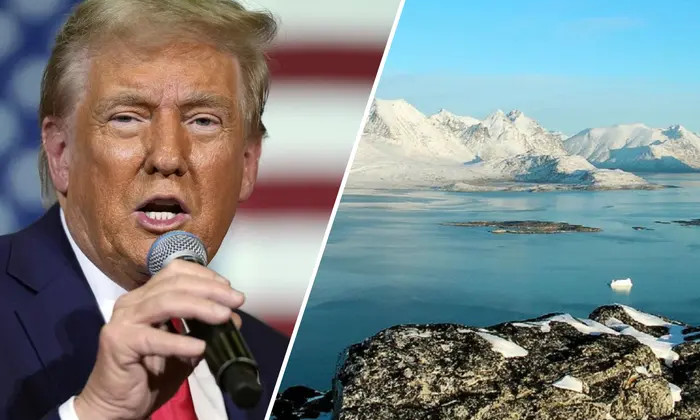Ireland is set to become a member of an alliance of European nations that shares intelligence on potential threats in EU waters.
Tánaiste and Minister for Defence Simon Harris has given the Defence Forces approval to formally join the Common Information Sharing Environment (CISE) to boost the country’s maritime surveillance.
The CISE is a voluntary, decentralised network for sharing maritime surveillance information among EU and EEA countries and agencies.
It can enable different authorities including coast guards, naval services and customs to communicate their data securely and in real time.

Military and civil agencies in ten other countries are members of the newly operational alliance including Spain, France, Italy, Greece, Norway and Portugal.
The European Commission oversees the process and encourages all EU countries to participate.
Participants keep control over their data and decide what data to pass on.
Each member connects through a CISE “node”, which acts as a gateway to share and receive information securely.
The operation of Ireland’s node will be by the Naval Service from Haulbowline in Co Cork.
Mr Harris said that this link with other European countries is a “common sense measure”.
He said that this was a key enabler for Ireland’s first national maritime security strategy, which is currently being established.
A new maritime security unit was set up at the Department of Defence to look at ways to address maritime threats and risks to Ireland at the beginning of the year.
As Ireland monitors a vast maritime area with limited resources, there are fears of surveillance and sabotage of critical infrastructure.
In recent months, Russian intelligence-gathering ships have lingered near undersea cables and operated near Irish waters with unclear intentions, sometimes without transponders on.
When asked how this alliance would have helped last week when the Defence Forces shadowed a Russian surveillance vessel in Ireland’s Exclusive Economic Zone (EEZ) last week, the Minister for Defence said the CISE will put information sharing with partners on a more “structured footing”.
“It means you have an option to exchange information with those ten other countries…vessels of interest can go from the sea area of one country to the sea area of another country quite quickly,” Mr Harris said.
“I think we’re all aware of the increased prevalence of vessels of interest and it’s really important now that we share information, share it in a timely way,” he added.
Former lieutenant colonel and deputy director of military intelligence at the Irish Defence Forces, Michael Murphy told RTÉ News he would have concerns over how this could affect Ireland’s neutrality.
“One of the problems of this is that we could be sharing intelligence about what’s happening in our waters to foreign forces…about Russian ships or other non-NATO ships and that means we are potentially taking a side and passing information,” he said.
“So, we’re gathering information, turning it into intelligence and passing it on to foreign forces [and there is] nothing we can do about it ourselves because we only have one ship that can go to sea,” Mr Murphy said.
Mark Price, co-founder of the Irish Neutrality League said that he believes this alliance is not truly international and represents only Western powers.
“Ships are entitled to pass through our EEZ. This is part of our government’s push…to get Irish people to a state of alarm in which they will want to join military and security alliances,” he said.
Mr Harris said it has nothing to do with chipping away at Irish neutrality.
He said it was about security and “not about joining any sort of military alliance”.
“This is a voluntary information sharing alliance… In many ways this happens in an informal some to some degree already and this is about trying to [formalise],” he added.
He said that it is up to the Defence Forces what to share, “just like it’s up to other defence forces to decide what to share back”.
The European Commission has also signalled that CISE will be used to support future maritime data systems, services and sharing processes.
It has highlighted CISE as a part of the Integrated Surveillance Mechanism for Submarine Cables that is being proposed to support an EU-wide effort to protect critical undersea infrastructure.
The European Commission has led on the development of CISE over the past 15 years and it became fully operational in 2024.















